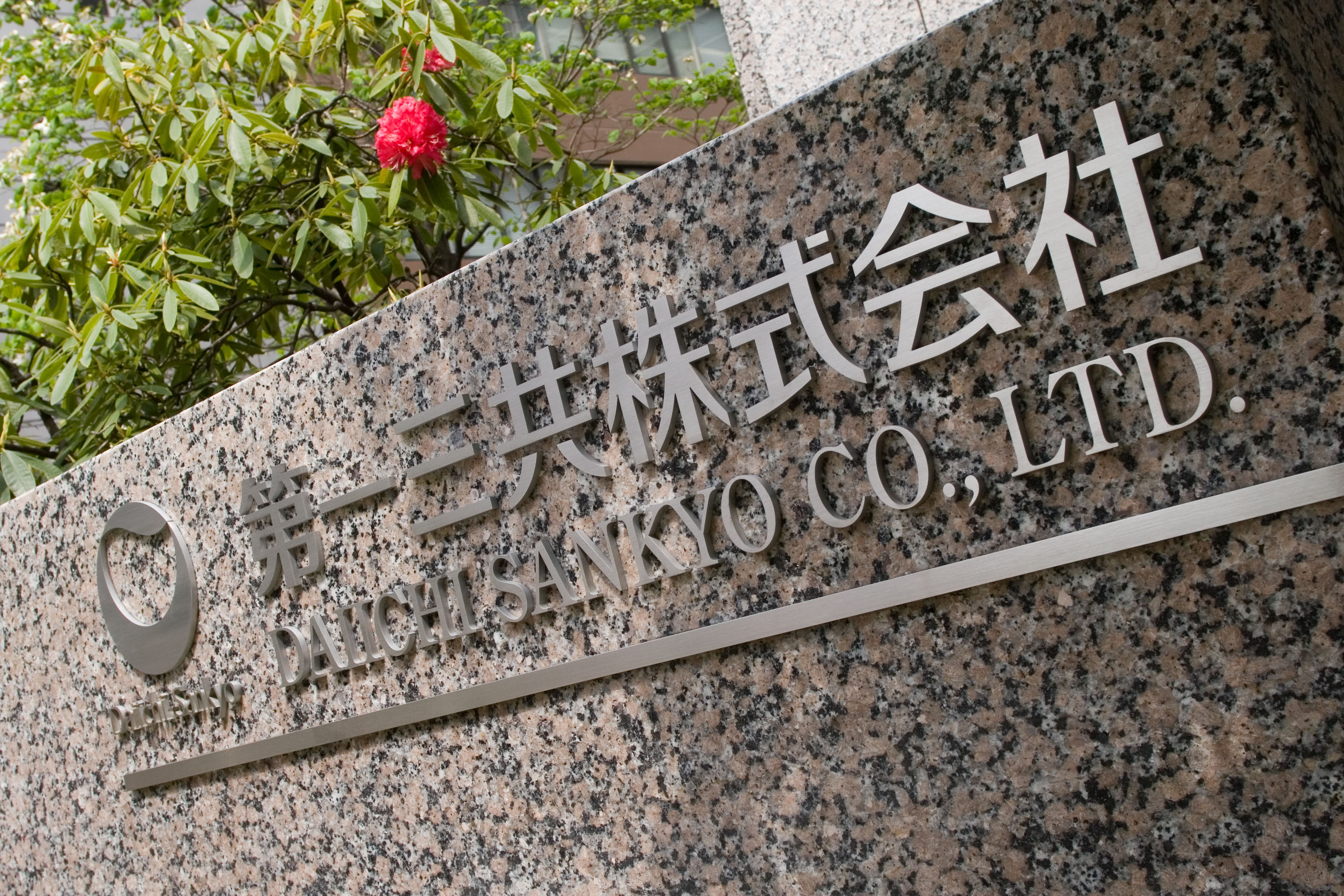Daiichi Sankyo claims first okay for oncolytic virus in Japan

Daiichi Sankyo has made a little bit of pharma industry history, becoming the first drugmaker to win approval in Japan for a therapy for cancer based on a virus that selectively kills malignant cells.
Japan's Ministry of Health, Labour and Welfare (MHLW) has granted a conditional approval to the company's Delytact (teserpaturev) for the treatment of patients with malignant glioma, an aggressive form of brain cancer that affects around 2,500 people in Japan.
It's not the first therapy in the oncolytic virus class to be approved around the world, as that accolade went to Amgen's Imlygic (talimogene laherparepvec), which was cleared by the FDA for the skin cancer melanoma in 2015.
Daiichi Sankyo notes however that Delytact is the first oncolytic virus ever approved for a primary brain cancer in any region of the world, and is also its fourth cancer product approval in the last two years after a relatively recent pivot into the oncology arena.
The green light in Japan is based on data from a single-arm phase 2 clinical trial, which showed that Delytact boosted the one-year survival rate in patients with residual or recurrent glioblastoma who had been treated with radiotherapy and temozolomide chemotherapy and had one residual tumour or one recurrent lesion.
All told, 92% of patients still alive at that time point after Delytact treatment. That is considerably higher than would be expected for this group of patients, who typically have a one-year survival rate of only around 15%, although the trial did not include a control group for direct comparison.
Delytact is an engineered herpes simplex virus type 1 (HSV-1) designed to selectively replicate in – and kill – tumour cells without affecting normal tissues, and was discovered by scientists led by Prof Tomoki Todo of the University of Tokyo.
During treatment, the oncolytic virus is injected directly into the brain tumour up to six times at regular intervals.
The MHLW has given Daiichi Sankyo a conditional and time-limited approval for Delytact, and the Japanese drugmaker will have to carry out a post-marketing study to confirm the benefits of the therapy if it is to remain on the market long term.
Imlygic was introduced to great fanfare in the US and Europe in 215 but hasn't made much of a commercial impact, mainly because it was launched at a time when PD-1 inhibitors from Bristol-Myers Squibb and Merck & Co were transforming melanoma treatment.
Studies looking at Imlygic in combination with PD-1 drugs are ongoing however, which if positive could raise the profile of the therapy and boost uptake. Meanwhile, there's clearly an appetite among big pharma companies for oncolytic virus assets, with Johnson & Johnson, Boehringer Ingelheim, AstraZeneca and Merck & Co making recent acqusitions in this area.
There have been setbacks in the field as well, including a failed clinical trial for Transgene/SillaJen's Pexa-Vec in liver cancer.
Delytact meanwhile is also being tested clinically in men with advanced prostate cancer, with results to date indicating that direct injection into the tumour is well tolerated with no severe adverse effects.
Efficacy data will come later, along with results from a preliminary study in recurrent olfactory neuroblastoma, a rare cancer affecting the lining of the nasal passages.













